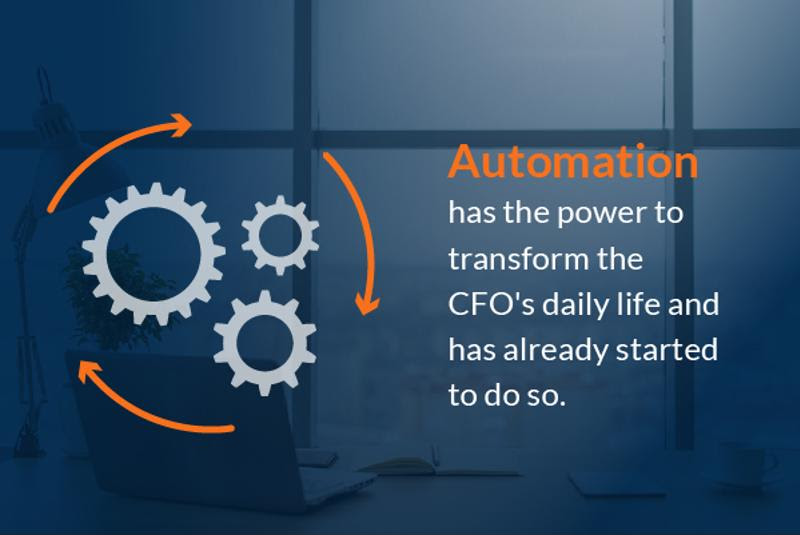
Beginnings are always messy. If you run a small or even medium-sized business which is still shaky, there’s much work to be done to keep it running and scaling. You need to hire the right talent, establish an effective marketing strategy, find and reach the right customer base, create a viable product, and a lot more. The path toward business stability and profit is full of various traps and pitfalls that you need to avoid if you want to go unpunished. Financial mistakes are most harmful and most common. These are some of the mistakes that your businesses should know how to steer away from.
#1 Slow-Paying Customers
A delay in receivables can cause severe cash flow problems, like when a client or customer is slow in paying their bills. Companies often allow their clients to become delinquent in paying without realizing that it can have a severe impact on liquidity. To ensure your customers pay on time, you need to put consistent procedures and controls in place. Don’t assume that they know what to expect. Clarify your payment expectations and terms on every invoice.
#2 Uncertainty about Future Cash Flow
Running a business requires your full attention as you need to take care of many aspects. Once a company gets caught up in those daily operations, they don’t take time to anticipate their future cash flow. Maintaining a good cash flow requires a long-term vision. Every accounting expert will tell you that you need to support at least a six-month cash flow projection, along with expected expenses, revenue, and adjustments for seasonal valleys and peaks.
#3 Expanding Too Soon
Expanding a business can be a bad idea if you try to do it too soon. For a company to scale appropriately, there must be some vital resources and structures in place, such as access to credit, access to equity, cash, and secured supply lines. It will be time consuming, but you must be meticulous about building the table stakes: stable business systems, efficient processes and and critical staff. Organic growth may appear slow at first, but with the right foundation in place, you will have a solid business.
#4 Not Paying Attention to Expenses
Unexpected expenses, like a natural disaster, replacing malfunctioning technology, and costly equipment repairs, often lead businesses to a cash flow crunch. It can also happen due to ongoing expenses that have quietly risen up to an unsustainable level. When this happens, you need to rethink your continuous cost structure and have a rigorous process for tracking your expenses. If you’re not savvy with accounting tasks, you can always leverage Finance as a Service and outsource your finance & accounting to experts that know how to keep an eye on your business cash flow and anticipate future challenges.
#5 Not Reinvesting Early-Year Profits
After businesses start to gain momentum, business owners often over spend resources that aren’t necessary. They don’t understand the importance of reinvesting their early profits in the business to achieve stability and secure its long-term performance. These resources could be used for expansion or vital operations.
A business owner must focus on finances almost fanatically. When you have a firm grip on things like financial planning, accounting, and budgeting, you can secure the future of your business and make it grow into a profitable venture.






